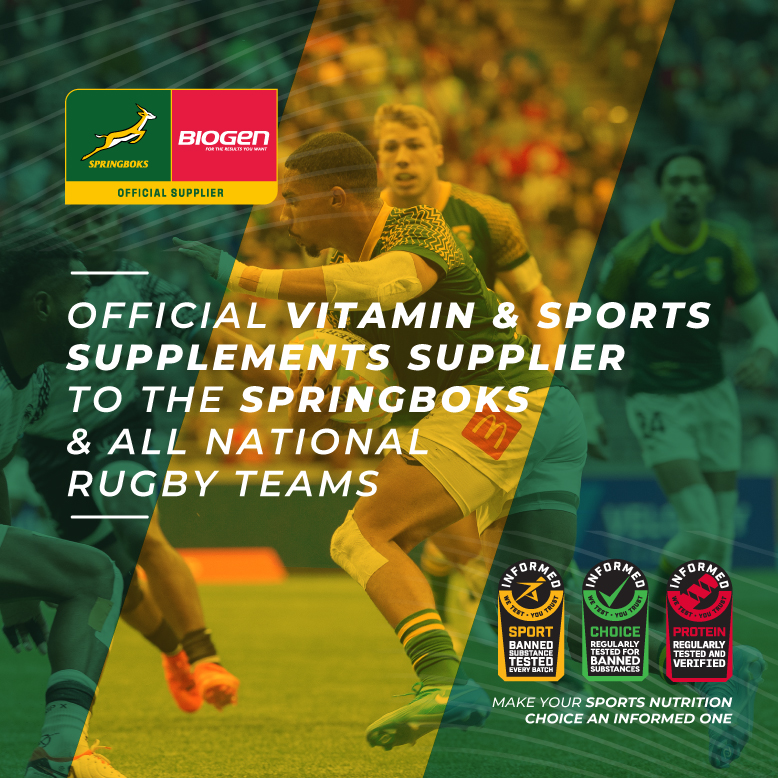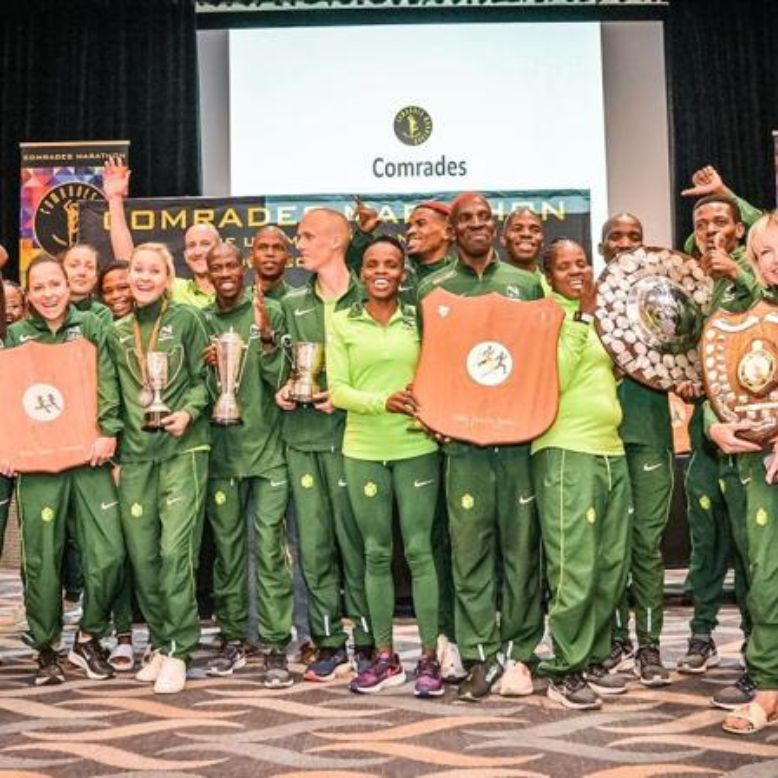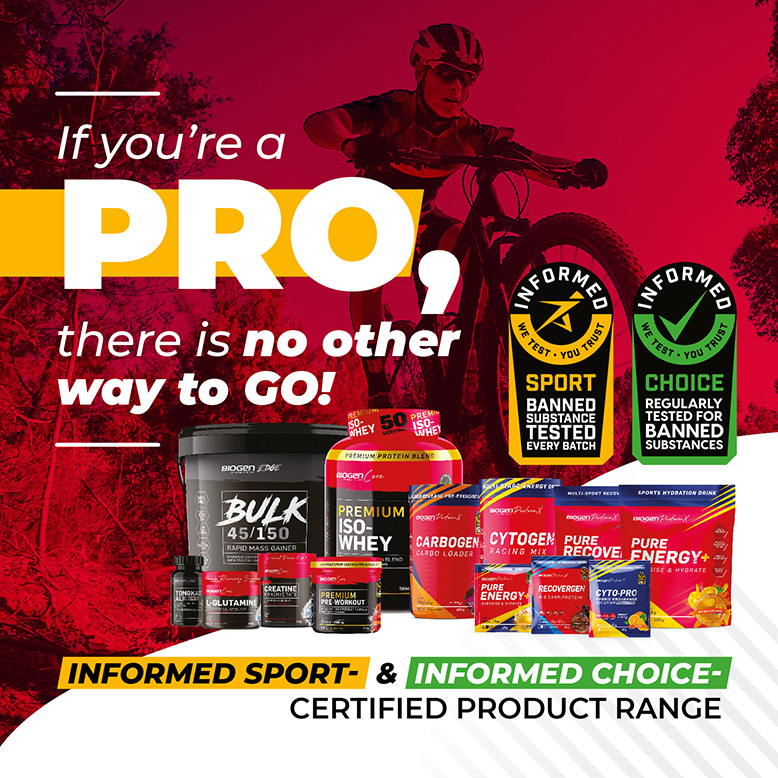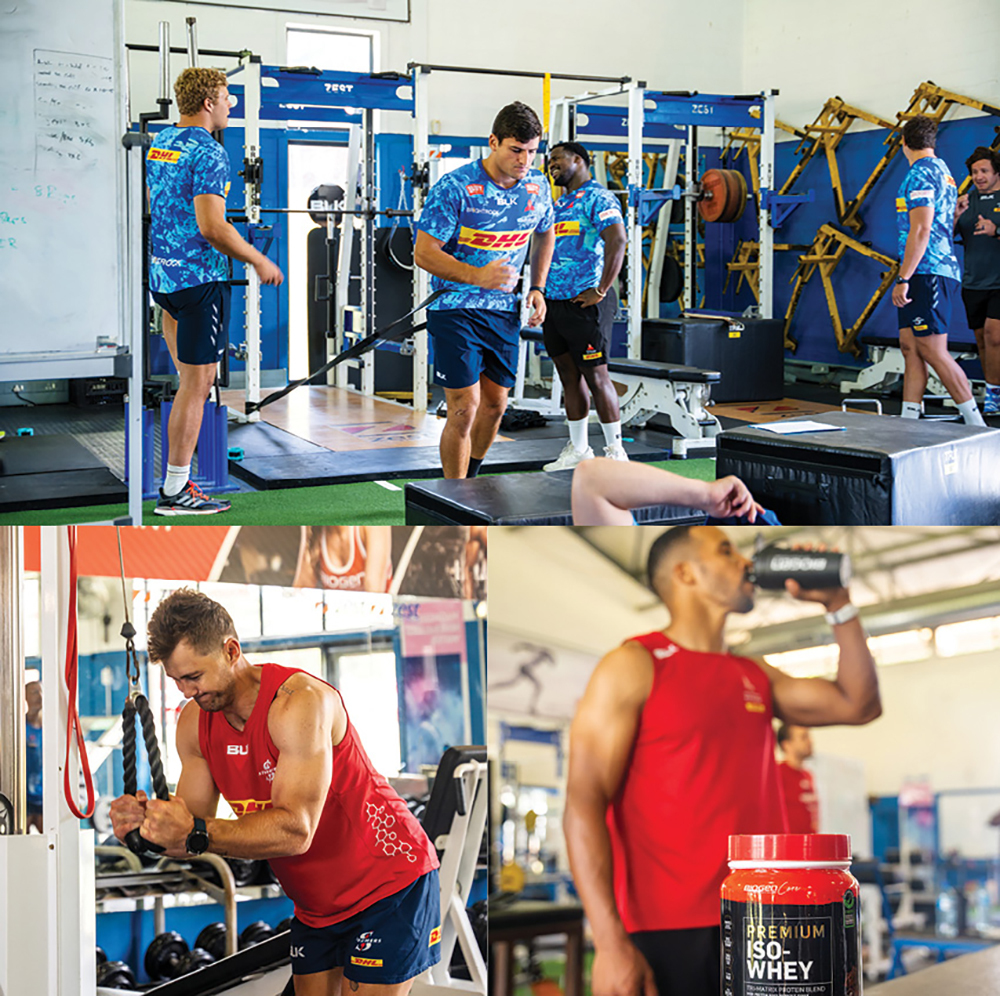Most would consider scoring all your team’s points, including the vital winning drop-goal in extra time against the favourites to win your sport’s biggest competition, as the pinnacle of one’s sporting career. But not 1995 Rugby World Cup winner, Joel Stransky.
No, just a few days before his 50th birthday, he tweeted mid-afternoon about how he’s: “Still not recovered from morning wattbike session. Not sure who invented #tabata intervals, clearly a sadistic bastard!”
Tabata intervals, for those who don’t know, are maximal intensity short bursts of effort with very short recovery intervals between. They’re named after an iconic Japanese sports coach, Professor Izumi Tabata, who used this method to help sharpen already fast speed skaters. Tabata intervals are considered tough in any sport. It’s considered almost masochistic to tackle them and rare to be able to complete them properly.
Put it this way, you don’t do Tabata intervals unless you are already exceptionally conditioned and have an over-riding desire to become even faster. That’s Stransky. Fifty years old and willing to train himself at the vomit limit to become even better. Not your average retired rugby player, but not unusual for Stransky, who’s never been fitter, faster or healthier than at the start of his sixth decade.
His twitter bio says: ‘Mountain biker/cyclist up for the next challenge!!’
Nothing about his rugby achievements, where, as a player and later a coach, he was hugely successful. Nothing about his business status, where he’s one of the founders of the Pivotal Group and CEO of Pivotal Talent, a business that uses artificial intelligence to help corporate clients identify, recruit and retain talented people.
“It was great to have achieved what I did as a rugby player and coach. But that was then. I live for today and I always have an eye on an upcoming objective. It’s part of my DNA. I have to be challenged and I find mountain biking to be a great way to satisfy that part of me.
“I’m now 50 but I honestly still feel like I can take on guys in their 20s. Mountain biking success can be attained at any age because you compete against others in your age division, but you also get to measure yourself overall, against all ages, which can be very rewarding. It’s not just fitness that matters either, having technical skills and being able to anticipate what to do at short notice also count in mountain biking,” said Stransky.
A look at his recent mountain bike race results shows that at most marathon distance events (around 65-80km in distance), he’s either inside the top 20 overall, or just outside of it. And the age-category podium is not unfamiliar to Stransky, who this year (the year in which he turned 50) began racing in the 50-years-plus division, which sounds like an older, slower guys’ division, but most certainly isn’t…
Before Stransky discovered mountain biking around 10 years ago, he was keen on golf, playing soccer and doing some gym.
“The one thing that has changed for certain as a mountain biker, is my lifestyle. A typical day of golf would see me have a pie and chips for lunch along with three or four beers afterwards. And maybe stop somewhere on the way home for a couple more beers. At the end of his rugby-playing career, he weighed 88kg. Now he weighs under 80kg most of the year.
“Mountain biking has undoubtedly changed my lifestyle. Training and racing has got me eating wholesome foods and wanting to get home early if we go out, so that I can sleep enough ahead of the next day’s hard training session or race. Socially, it may seem a bit dull, but I’ve never been or felt this healthy and fit before.
“Another benefit is that I’ve made new friends through mountain biking. Other guys that are a similar age and/or at a similar life stage. We train together, we race the same events and we share common goals. It’s my tribe,” added Stransky.

Stransky trains year-round, but his annual racing highlight is the Absa Cape Epic. He’s started eight and finished seven. This year’s race saw him leave in an ambulance on Day 1, his bloodied face a reminder of the dangerous nature of mountain biking.
Rugby icon Joel Stransky during the Prologue of the 2017 Absa Cape Epic Mountain Bike stage race held at Meerendal Wine Estate in Durbanville, South Africa on the 19th March 2017.
Photo by Dino Lloyd/TreadMTB
“I just misjudged a jump and went over my handlebars in the prologue. My face looked terrible and it took a plastic surgeon two-and-a-half hours to stitch it back together (60 stitches around his eye and 19 in his chin). But my broken ribs and punctured lung were actually the more serious injuries.
A crash like that might put most off returning to the bike, but for Stransky, it was simply a forced pause. As soon as he was able to, he went into fast-forward mode to return to his high level of fitness and strength and teamed up with riding buddy, Andrew McLean, at the PWC Great Zuurberg Trek stage race in the Eastern Cape in May, where they finished as first Masters and sixth overall…
Stransky’s consistency and positive approach (he’s never far from his next charity drive) have made him attractive to premium brands like Adidas (clothing and eyewear), KTM (bicycles) and Biogen (sports supplements).
“I’ve been an Adidas athlete since my earliest post high-school rugby days. Their cycling eyewear is fantastic. I’m quite new to KTM as a brand and really appreciate being able to ride and race on such classy, well-designed bikes,” said Stransky.
“I use Biogen supplements for energy and recovery in both training and racing. Biogen is one of the few sports supplement brands (available in South Africa) that sends its product for screening and approval at Informed Sport in the UK. This provides the user of these products an assurance that there are no banned substances and no cross-contamination risks. In an industry that self-regulated, this is essential in my opinion,” said Stransky.
“I also use some of Biogen’s vitamins. I push myself hard in training and while I try to eat as well as I can, there are gaps in my diet for sure.”
As he begins his sixth decade, it’s clear that Stransky isn’t taking his foot off the accelerator.
“Besides a number of other great South African events, I’m super keen to return to the Cape Epic. It’s such an iconic international sports event and it’s right here in our country. Yes, it’s costly and time consuming and it requires a great deal of commitment, but if that is a big part of how you already live, as I do, then it’s a great goal to train for. And I’ve got some unfinished business with that race,” he smiles, rubbing the scar tissue on the outside of his right eye socket…
Stransky’s Biogen supplement regime:
Most training rides
During: Biogen Electrolyte; Energy bar
After: Biogen Recovergen
Long training rides and races
Cytogen; Gels
After: Biogen Recovergen
Daily
ISO Whey Premium (for general recovery)
Glucosamine Chondroitin (for joint support)
Omega 3 (heart, nervous system and eye health)
Multivitamin Plus (vitamins and minerals)
Source: treadmtb.co.za/










